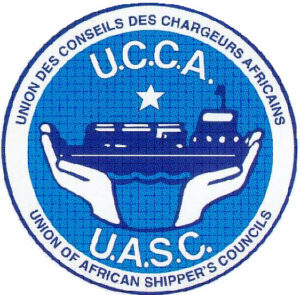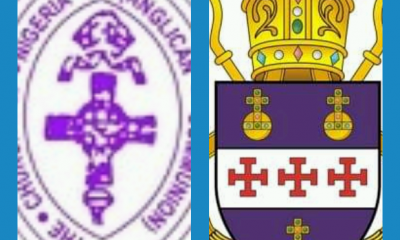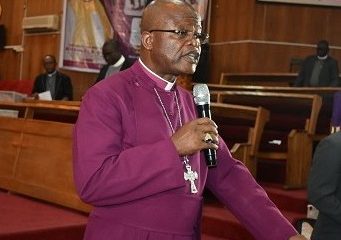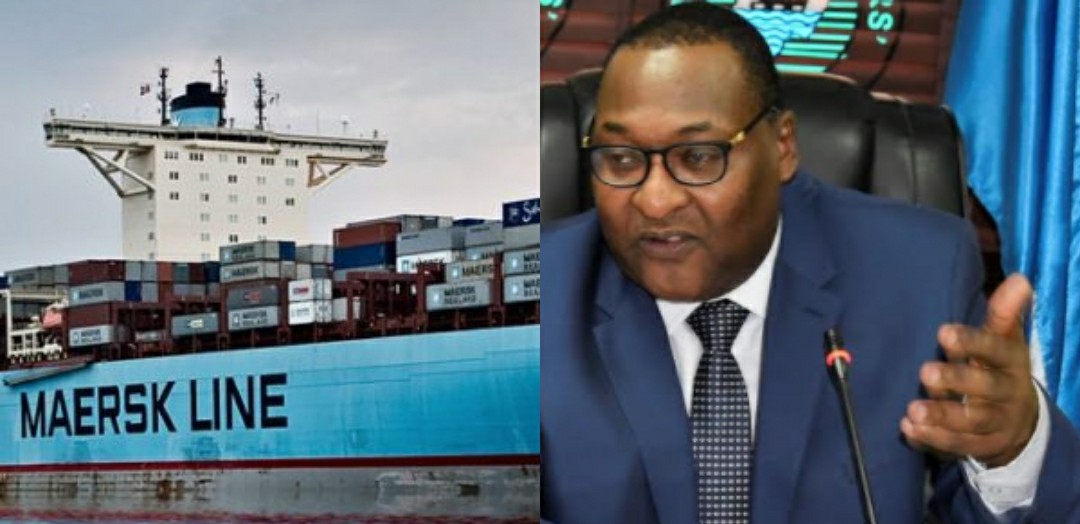By Ezurike Ugochukwu
The recent protest by the Organised Private Sector (OPS) have no doubt come with an evocative reversal as the International Shipping firm, Maerskline has instructed its commercial department to discontinue applying the peak season surcharge on Nigerian bound cargoes.
The directive followed the recent protest by the OPS’, coordinated by the Nigerian Shippers’ Council, (NSC) against Peak Season Surcharge (PSS) introduced on Nigerian- bound cargoes by multinational shipping companies.
The directive is to take effect from September 1, 2020.
 Interestingly, the Union of African Shippers’ Council (UASC), subsequently backed Shippers’ Council and called for immediate suspension of the surcharge calling it a violation of previous UASC/European Community Shipowners Association (ECSA) agreement requiring prior, mutual and reasonable notification of UASC and PMAWCA by individual shipping companies before any such imposition of new tariff, surcharges or increase in transport cost.
Interestingly, the Union of African Shippers’ Council (UASC), subsequently backed Shippers’ Council and called for immediate suspension of the surcharge calling it a violation of previous UASC/European Community Shipowners Association (ECSA) agreement requiring prior, mutual and reasonable notification of UASC and PMAWCA by individual shipping companies before any such imposition of new tariff, surcharges or increase in transport cost.
It would be recalled that NSC recently called a meeting of the organised private sector to appraise the cut throat peak season surcharge imposed by shipping lines.
Deputy director, Public Relations, NSC Rekiya Zubairu, in a press statement said the shipping company has directed its Nigerian office to stop collection of the PSS.
She stated that a letter signed by Lara Lana, MD of Maersk Nigeria was addressed to the executive secretary of the Nigerian Shippers’ Council (NSC).
“The letter stated our principals in our head office have informed us of your letter with subject reference increase in peak season surcharge.We would like to thank you for the supporting document you shared shedding light on the meeting between the ECSA and UASC’,” the statement reads.
Mr Hassan Bello, the Executive Secretary, NSC, said at a meeting with stakeholders to discuss the increase in peak season surcharges on Nigerian trade route.
The meeting was attended by all agencies including, the Manufacturers Association of Nigeria (MAN), Lagos Chamber of Commerce and Industry (LCCI), Nigerian Association of Chambers of Commerce, Industry, Mines and Agriculture (NACCIMA) and the Nigerian shipping community.
The 2020 peak period charges, put at between $1000 and $1,500 per twenty-foot equivalent unit(TEU) by shipping firms, was said to be over 400 percent increment from the previous $200 freight charge per TEU during peak period.
The six companies allegedly involved in the act were Cosco, Maersk, MSC, CMA CGM, Hapag Lloyd and Evergreen shipping.
Bello expresed the fear that except the situation was urgently addressed, it might lead to job losses, decried that the surcharge was introduced at a wrong time, and would lead to spiral inflation rate on the economy as cargoes would be abandoned at the ports uncleared.

 Business5 years ago
Business5 years ago
 News6 years ago
News6 years ago
 Crime2 years ago
Crime2 years ago
 News1 year ago
News1 year ago
 News5 years ago
News5 years ago
 Football6 years ago
Football6 years ago

 Interestingly, the Union of African Shippers’ Council (UASC), subsequently backed Shippers’ Council and called for immediate suspension of the surcharge calling it a violation of previous UASC/European Community Shipowners Association (ECSA) agreement requiring prior, mutual and reasonable notification of UASC and PMAWCA by individual shipping companies before any such imposition of new tariff, surcharges or increase in transport cost.
Interestingly, the Union of African Shippers’ Council (UASC), subsequently backed Shippers’ Council and called for immediate suspension of the surcharge calling it a violation of previous UASC/European Community Shipowners Association (ECSA) agreement requiring prior, mutual and reasonable notification of UASC and PMAWCA by individual shipping companies before any such imposition of new tariff, surcharges or increase in transport cost.















